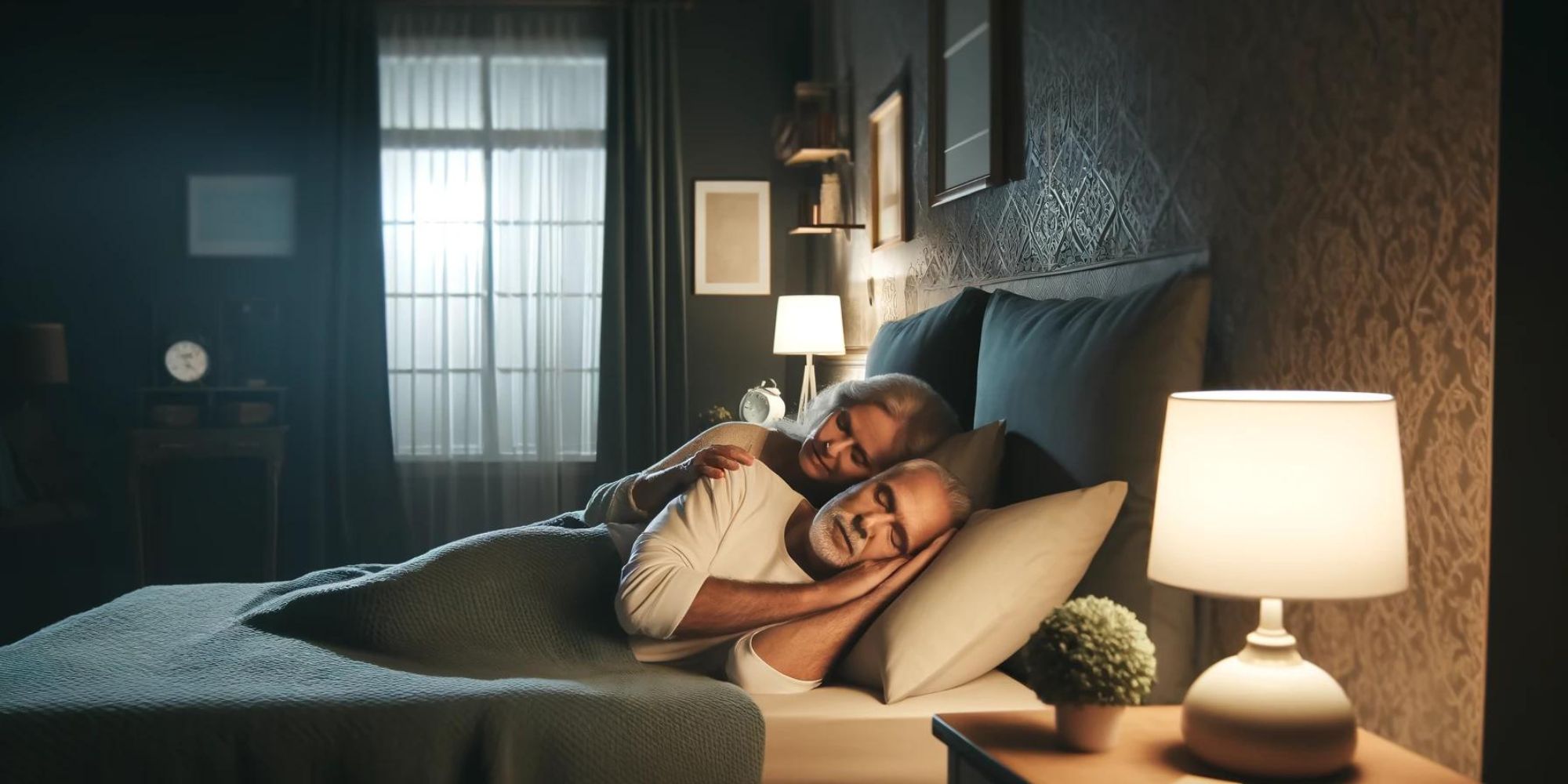As we age, getting a good night’s sleep can become more challenging. Many seniors struggle with insomnia or find that their sleep quality has diminished over time. Fortunately, there are several strategies and tips that can help improve elderly sleep. Let’s explore some practical advice to help seniors get the restful sleep they need.
Understanding Sleep Changes with Age
Sleep patterns often change as we get older. It’s common for seniors to experience lighter sleep, wake up more frequently during the night, and have difficulty falling asleep. Understanding these changes can help us approach sleep problems with more patience and better strategies.
Common Sleep Issues in Seniors
- Insomnia: Difficulty falling or staying asleep is a common issue among seniors.
- Sleep Apnea: A condition where breathing stops and starts during sleep, leading to disrupted sleep.
- Restless Legs Syndrome: An uncontrollable urge to move the legs, often disturbing sleep.
- Frequent Urination: Needing to urinate multiple times during the night can interrupt sleep.
Tips for Improving Sleep Quality
Improving sleep quality involves a combination of lifestyle changes, good sleep hygiene, and sometimes medical intervention. Here are some tips to help seniors sleep better:
Establish a Regular Sleep Schedule
Going to bed and waking up at the same time every day can help regulate your body’s internal clock. Try to stick to this schedule even on weekends.
Create a Relaxing Bedtime Routine
A relaxing routine before bed can signal to your body that it’s time to wind down. This might include reading a book, taking a warm bath, or listening to calming music.
Optimize Your Sleep Environment
Your bedroom should be conducive to sleep. Ensure it’s dark, quiet, and cool. Consider using earplugs, an eye mask, or a white noise machine if needed.
Be Mindful of What You Eat and Drink
What you consume in the hours leading up to bedtime can affect your sleep. Avoid large meals, caffeine, and alcohol close to bedtime. Instead, opt for a light snack if you’re hungry.
Stay Active During the Day
Regular physical activity can help the elderly sleep by enabling you to fall asleep faster and enjoy deeper rest. Aim for at least 30 minutes of moderate exercise most days, but try to avoid vigorous activity close to bedtime.
Manage Stress and Anxiety
Stress and anxiety can significantly impact sleep. Techniques such as deep breathing, meditation, and progressive muscle relaxation can help calm your mind before bed.
Dealing with Insomnia
Insomnia can be particularly frustrating, but there are strategies to manage it effectively:
Avoid Napping
While a short nap can be refreshing, long or irregular napping during the day can negatively affect nighttime sleep. If you must nap, try to keep it short (20-30 minutes) and early in the afternoon.
Limit Screen Time Before Bed
The blue light emitted by phones, tablets, computers, and TVs can interfere with your ability to fall asleep. Try to turn off these devices at least an hour before bedtime.
Consider Cognitive Behavioral Therapy (CBT)
CBT for insomnia (CBT-I) is an effective treatment that helps address the thoughts and behaviours that prevent you from sleeping well. This can be more effective than medication for chronic insomnia.
Consult Your Doctor
If insomnia persists, it’s essential to consult with your healthcare provider. They can help identify any underlying issues and discuss potential treatments, which may include medications or other therapies.
Conclusion
Good sleep is crucial for overall health and well-being, especially for seniors. By understanding the changes that come with age and implementing these tips, elderly sleep can be significantly improved. Remember, it’s always a good idea to seek professional advice if sleep problems persist. Here’s to better sleep and brighter days ahead!
Additional Resources
For more information and support on improving elderly sleep, check out these helpful resources:
- NHS Sleep Tips for Mental Health – Advice on how to get to sleep, manage insomnia, and improve sleep quality.
- Age UK Getting a Good Night’s Sleep – Information on achieving a good night’s sleep with practical tips for seniors.
- Sleep Foundation Tips for Seniors – Comprehensive guide on sleep patterns, disorders, and tips specifically for older adults.
- British Heart Foundation Sleeping Tips – Tips for improving sleep quality and understanding the connection between sleep and heart health.

